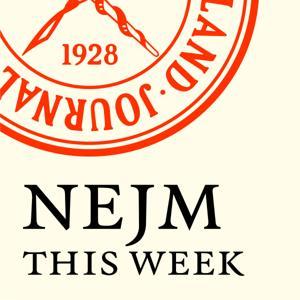Join us for this inspiring interview with Erik Aerts from University Hospital Zurich in Switzerland and Mairéad Ní Chonghaile from St. James’s Hospital in Ireland who discuss their extensive work within the Hematology Nurses & Healthcare Professionals Group (HNHCP).
Erik, the President, and Mairéad, the Vice-President of HNHCP, describe their unwavering commitment to providing hematology education to nurses and other healthcare professionals to ensure the best possible care for their patients. Tune in to hear what their thoughts are on the future of nursing in hematology and how they envisage addressing its biggest challenges.
Host: Isabel Olivera-Martinez, PhD, Medical Writer
Guests:
Erik Aerts, Nurse Manager, University Hospital Zurich, Switzerland and President of Hematology Nurses & Healthcare Professionals Group (HNHCP)
Mairéad Ní Chonghaile, Bone Marrow Transplant Coordinator, St. James’s Hospital, Dublin, Ireland and Vice-President of HNHCP
Learn More
What did you think of this podcast? Share your opinions with us in this short feedback survey.
https://forms.monday.com/forms/d02e52896815eef59ecae09fb74dd78f?r=use1
Would you like to explore more eLearning or podcasts? Please visit the EHA Campus.
https://ehaedu.org/Campus
Subscribe, share, and review this podcast to be able to address topics you enjoy and like to listen to.
Follow EHA on Instagram: https://www.instagram.com/EHA_Hematology/
Facebook: https://e-h-a.link/facebook
LinkedIn: https://www.linkedin.com/company/eha/
Email us: [email protected]
Subscribe to receive the EHA Educational Updates via https://eha.news/subscribe






























